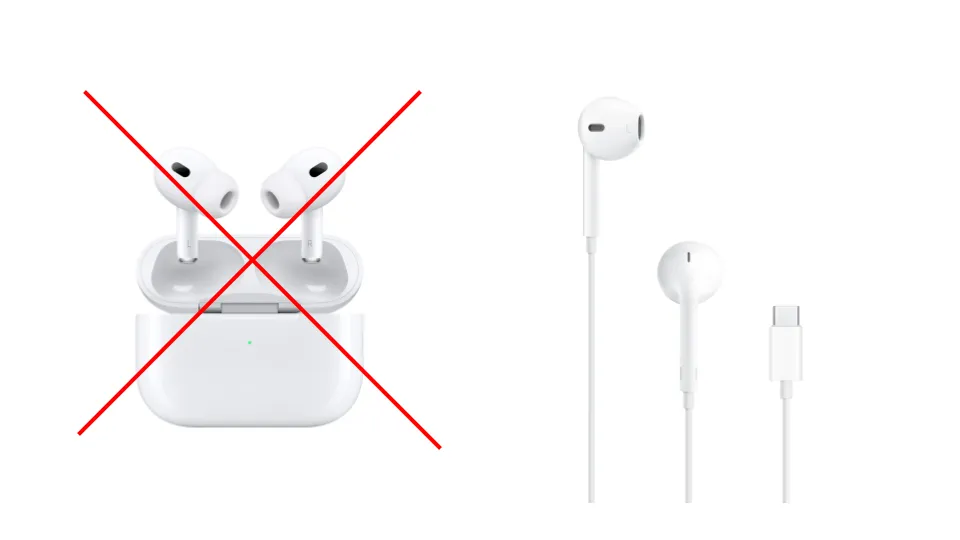Dictation as writing therapy

In the most tumultuous times of my life, I've always found solace in writing as therapy. Journaling lets me pull at the threads that keep inserting themselves throughout the day, and organize them on a page that feels secure.
Writing is even more helpful in conjunction with actual therapy (with a licensed therapist). Working with a therapist gave me the tools to reflect on my thoughts. I learned to ask myself deeper and probing questions from my therapist who asked them of me. In just a few months, I've watched my journal entries go from "what happened" to "how I feel/think about what happened."
I'm a very strong advocate of cultivating a writing practice while seeing a therapist at the same time. You get better at putting your therapists's tools into action outside of the office, and more importantly, you tend to bring more thoughtful conversation to your therapy sessions (more bang for the buck!). It's like going to see a physical therapist and they teach you the exercises so you can do them at home.
I can read my old journal entries over the past decade and see ebbs and flows in my ability to write deeply. Some periods of my journal have long entries, with deep questions and well-articulated answers with content that signal an emotional maturity, and a fearlessness in confronting those deeper parts of me. But there are also periods where those skills have obviously atrophied, usually around periods where I wasn't seeing a therapist or I wasn't writing consistently. To me, it's very noticeable.
Take a look at this journal entry from when I was NOT journaling often.
I am in an space [Bolivia] where the atmosphere is thin, but everything is walkable. Everything is within reach without me having to into my car, or pay for parking, which means that I’m not protected any more by my metal box. I am exposed to the city, and all the life around it. This exposure is something that blends my being in with the rest of my surroundings. Some part of me misses the compartmentalization of home, being able to hide away in my building, my car, listening to my podcasts, etc.
And here is one from when I was writing every day:
Anyway, I kept going back to this conversation because of how refreshingly human it is. I told her that I appreciated how open and honest she was, and she replied saying that being vulnerable is the greatest kindness that we can give to another person. It had me thinking about how vulnerability is perhaps the most human thing that we can ever do. In this time and age where we are cohabitating with robots and artificial intelligence, we sometimes forget what makes us feel human. Our lives are increasingly becoming intertwined with technology and hyper-rationality and progress towards realism and perfection that we sometimes forget that the blemishes are exactly what is beautiful.
Today, I've been without a therapist for 4 years, and I haven't written deeply and consistently for 3 years. I want to get back into it. I need to get back into it, because being in touch with myself feels like attaining personal power, like I have the ultimate sense of security and self-confidence. I've felt it before, I know what it feels like, and I know that I don't have it right now.
I'm engaging with a new therapist now, and I want to get that bang for the buck, because therapy ain't cheap (my therapist is $215/session, and my insurance doesn't cover it).
So, I'm figuring out strategies to write more.
Removing the friction to writing more
I try to carve out time in my day to journal, but it only works to an extent. The truth is, sometimes I just don't feel the writing juices flowing, and it's hard for me to force it, especially when I'm out of practice. The worst part of this feeling is that I know I have a lot ot write about. I get writing inspiration at random times throughout the day... walking to work, doing the dishes, and during my bi-weekly bath are examples of where I can disconnect and think productively with myself. I have great ideas, I have great insights, but I'm not in front of the computer to write them, and I forget the ideas later!
So then I tried to set up a system to capture those insights to revisit later. I set up a Siri reminder to "think about x y z because a b c" and it goes straight to my to-do inbox for me to process later. But whenever I'm back at the computer and read those reminders, I can't remember why they were interesting or profound in the first place.
Set and setting matters. The visceral and sensory experience that is folded in with my internal thoughts is what makes it profound to me in that moment. Like lighting in photography, the sun needs to hit the subject just right.
Then I realized I was dictating these idea-reminders to Siri anyway, so why not just dictate my journals completely via my phone? Apple's speech-to-text dictation has gotten pretty good in the past year, and I'm often dictating my text messages anyway. Given the hardware (iPhone) and software tools (Apple's built-in speech-to-text), why not just start a journaling session immediately whenever I feel inspired?
I've declared Day One my forever app
I went back to my old journaling app called Day One. I have about 7 years of off-and-on journaling in this platform, but very sporadically because I never paid for the premium version, so the full features never kept me coming back consistently. But I'll come back whenever I have some significant life events to write about (usually sad ones).
Long story short, this year I just swallowed the bullet for the Premium version, and I've fallen in love with the Day One app again ❤ This lets me use it across multiple devices and have multiple journal entries in a single day.
Mobile journaling has been a game changer for my journaling practice, largely because of Apple's dictation tool being a first-class feature on the keyboard now (look at that huge button in the bottom right corner of the keyboard!). The dictation is about 99% correct and it helps me journal so much faster. I can put 2-3 times as many words and thoughts onto the page than I can with typing. Now there is so little friction with journaling! Just a few days ago, within a few blocks of walking, I put down 4 paragraphs of thoughts while not being run over by San Frnacisco drivers.
What is also nice is that Day One automatically records metadata like my location, the time, etc. I used to think location was a really dumb feature because I never traveled anywhere anyway and all my journal entries were in the same location 99% of the time, but now that I am journaling from anywhere in a walkable city, it's really interesting to see what I wrote in what location (and see a map of those journal entries!).
The other cool thing is that I can go back in the "on this day" feature see past journal entries for this day for years in the past. The "on this day" feature also shows you photos from your Photo Library from that day, which makes it easier to start a new journal entry.
Multi-modal journaling
I used to think that you had to sit down for 20-30 minutes for a journaling session to get the full effect, as if it were some kind of trance... but after trying shorter sessions, of journaling, I see a lot of value in any kind of journaling you can squeeze in. Obviously, I still think that longer sessions are better because of the state of mind it induces for a longer period of time, but 1-minute or 5-minute sessions are also as useful as they are synergistic; I can read the past 1 or 5 minutes entries to fuel the 30 minute writing sessions as the connections start to form.
What's funny is that I already knew this years ago! I have tags in my journals over the past 7 years: #1min #5min #10min and #20min where I used to set a timer on my watch and just write as many words as I can in a stream of consciousness like it was a speed typing test.
Day One also has a feature where you can journal with a voice recording, and if you do it with your phone or the computer, it'll transcribe it in real time and save the transcription on the journal page so that you can search your entries. I personally don't think as well speaking as I do in writing, I do a lot of pausing and thinking before I speak, so revisiting the voice recording is less useful to me, but I can certainly see times where I can be extra emotional and want to capture the emotionality of the moment for posterity.
Journaling with your Apple Watch?!
Day One also has an Apple Watch app that lets you record voice messages, or you can use dictation input a text entry. The downside is that the voice messages isn't transcribed the same way it is on the phone or computer. This would be an amazing feature. The other downside is that the transcription seems to be time limited to maybe a minute. I have a shortcut on my watch to easily add an entry when I'm cooking or doing dishes and my hands are too dirty to record a thought on the phone.
Side note: I also tried to see if it'll do a pretty good voice recording while I shower so I can just record my shower thoughts, but the water splashing on the watch kind of drowns out my voice (but I do think it's fixable with ML!)
I've experimented with a lot of journaling media: first a paper notebook, then linked note-taking apps like Obsidian and Roam because I got seduced by the idea that I could use bidirectional linking to connect different themes. But then, I realized that in the whole pipeline between capturing thoughts and analyzing my entries, the most important part, by far, is capturing... because by capturing, I am processing. And that's what it has always been about.
@westleydang Newsletter
Join the newsletter to receive the latest updates in your inbox.



